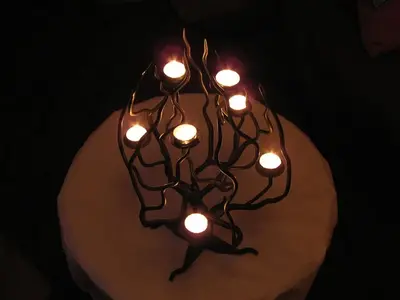Loomis
Well-Known Member
Re: Do you think in pictures or words?
You are right I am glad I only did it for less than a year. I was in the Oil, Chemical, and Atomic Workers Union and the pay back then was very good. People who do that kind of work should be paid very well. One man died on the job when I was there when he fell off one of the huge vats where they brewed the evil stuff. Another time a truck driver was delivering some product and he started a fire. I went outside and saw people running in two directions. Half were running toward the fire to help extinguish it and the other half were running away in fear because if the fire had gotten out of control it would have been catastrophic. There was a huge tower that contained Xylene. Xylene is highly volatile and akin to gasoline in flammability. The company had their own little fire engine and they put the fire out before it spread too far.
Sounds like thankless filthy & hazardous work. I'd never even heard of it before now. I'd bet that exposure to such conditions cause long term health problems for many on the crew.
You are right I am glad I only did it for less than a year. I was in the Oil, Chemical, and Atomic Workers Union and the pay back then was very good. People who do that kind of work should be paid very well. One man died on the job when I was there when he fell off one of the huge vats where they brewed the evil stuff. Another time a truck driver was delivering some product and he started a fire. I went outside and saw people running in two directions. Half were running toward the fire to help extinguish it and the other half were running away in fear because if the fire had gotten out of control it would have been catastrophic. There was a huge tower that contained Xylene. Xylene is highly volatile and akin to gasoline in flammability. The company had their own little fire engine and they put the fire out before it spread too far.
Last edited:
